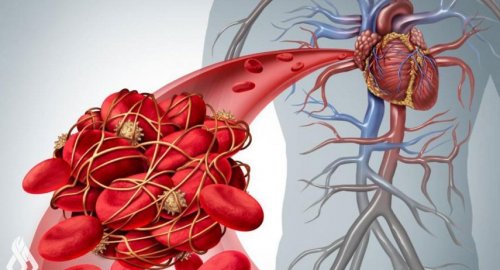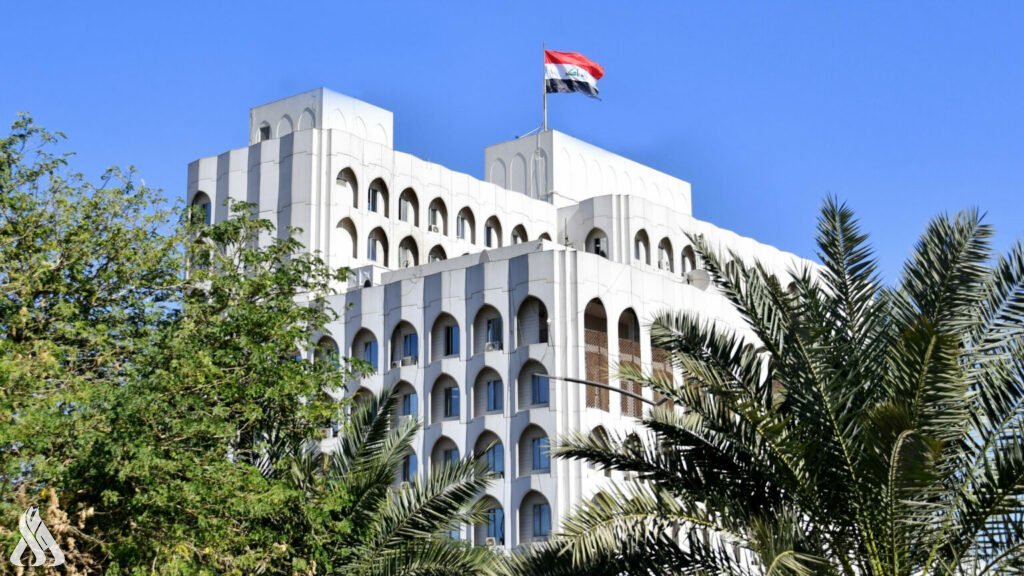
Researchers discover that fasting prevents blood clots from forming

- 8-03-2025, 19:07
Follow-up – INA
A new study has confirmed that intermittent fasting may help reduce components of the blood clotting process by enhancing the production of indole-3-propionic acid by microorganisms in the gut.
The researchers, using 160 study participants and human and mouse blood samples, found that intermittent fasting helps stop platelet activation and clot formation.
The results suggest that it does so by enhancing the production of indole-3-propionic acid by microorganisms in the gut, which then affects clotting.
Additional examination of mice revealed that intermittent fasting may also help reduce brain and heart damage associated with loss of blood flow and then its return.
Intermittent fasting is the process of restricting eating time to certain hours during the day, and the fasting period does not exceed 16 hours, and Ramadan fasting falls into this category.
The study was conducted at Zhongshan Hospital and Fudan University in China.
“Intermittent fasting could be a lifestyle intervention to reduce cardiovascular risk in patients at risk of stroke and heart attack,” the researchers said. These findings also highlight the role of gut health, and how it impacts other areas of body function.
Trump: US and Iranian officials in talks
- International
- 05:31
ChatGPT temporarily down due to pressure from cartoon trend
- Articles
- 05:16
Prime Minister Arrives in Maysan Governorate
- Local
- 04:26
Al-Sistani: Tomorrow, the 29th of Ramadan
- Local
- 25/03/29
SOMO: Iraq has the fourth-largest proven oil reserves in the world
- Economy
- 25/03/26












